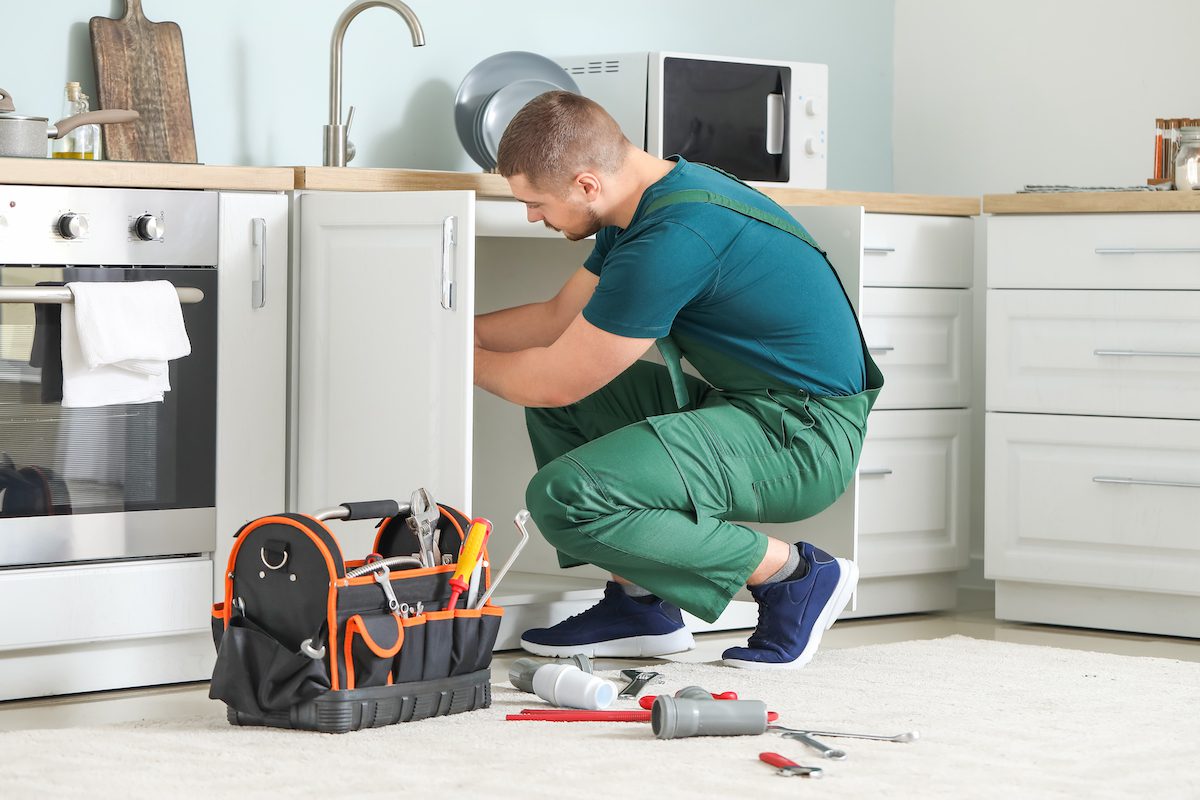Notice to Enter: How To Inform Your Tenant of Upcoming Inspections, Maintenance and Renovations
Seasonal changes bring reminders to landlords and property owners that it's time for regular inspections, maintenance and renovations. Regularly maintaining your rental unit is the best way to extend the life of your property. It also keeps tenants in a healthy and happy environment.

While necessary, conducting these repairs or inspections is an inconvenience depending on the procedure. Since 2020, the number of people working from home has significantly increased. This makes notifying your tenants in a timely and considerate manner even more important during this shift in job culture.
So, what's the best way for landlords to inform tenants of upcoming maintenance?
Understanding a notice to enter
A notice to enter is a legal description for a letter provided to your renters. It expresses your reasons and timing for entering their private homes. A notice to enter is usually sent for reasons including regular pest control, a home inspection performed by a landlord or maintenance, an appliance or property upgrade or a tenant-requested repair.
Notice to enter is the legal and written notification that you'll be entering a renters property for a scheduled event. In many states, you're required to give 24 to 48 hours' notice. Make sure to verify your state's legal requirements. It's important to note that this requirement does not apply to emergency repairs. For example, if a burst pipe is actively flooding an apartment, a landlord is not required to stop and write a letter before locating the shut-off valve inside the unit.
What to include in the notice to enter
When you inform tenants of upcoming maintenance or repairs, remember a notice to enter is like any other landlord-tenant legal paperwork. It requires a few specific pieces of information. This information can easily be assembled by a manager or admin but should include:
- Date and time of entry
- Full name of tenants at the property
- Full property address
- Reason for entry
- A disclosure that entry will happen whether or not a tenant is home
- List of who will be entering (just landlord or also repair, delivery or inspections workers)
- Duration of repair or inspection
- Guarantee to resecure property after leaving
- Property manager's signature and name
While the above bullets will ensure that you have legally described your legitimate reason and timing for entry, there are additional steps you can take to keep a strong and friendly relationship with your renters.

Supporting tenants through building maintenance or inspection
No one likes strangers entering their home, and tenants are no different than a standard homeowner. Acknowledging this imposition and making things run as smoothly as possible will benefit all parties. While a landlord can't guarantee all aspects with unknown repairs or third-party consultation, making a good faith effort to do the following can help create a strong landlord-tenant relationship for the future.
- Ask the tenant to let you know right away if the time and date don't work. While it's not always possible to reschedule, an attempt to accommodate it can promote significant goodwill.
- Check with your tenants about pets or very young children. Changing a routine is difficult and your tenant will appreciate your efforts.
- Be as precise as possible in your entry time. Try to keep your windows of entry within a few hours instead of an entire day or two. This makes it easier for tenants to rearrange their schedules and keep areas clean and open.
- Perform routine maintenance at regular times. If your pest control comes on the 5th of every 3rd month and you clean the gutters at each time change, your long-term tenants can plan in advance.
- Acknowledge health protocols. While the government is dropping many COVID PPE requirements nationally, this doesn't mean your tenant is comfortable with people entering without a mask or touching items in their home without washing their hands or properly sanitizing. It's possible your tenant is immune-compromised or has children too young to vaccinate and wish for you to go that extra mile for health and safety.
- Send a text or email to let tenants know there's a letter informing them of maintenance. Sometimes, people need an additional reminder even if it isn't official.
Keep it courteous
Simple choices and accommodations can help make your planned maintenance, repairs and inspections go smoothly. Always follow the law "to the letter." Provide written and official notice including relevant dates, times, places and procedures. This will inform your tenants of upcoming maintenance, inspections and renovations. Follow the rules of courtesy as you're able to help maintain a happy landlord-tenant relationship, as well.
